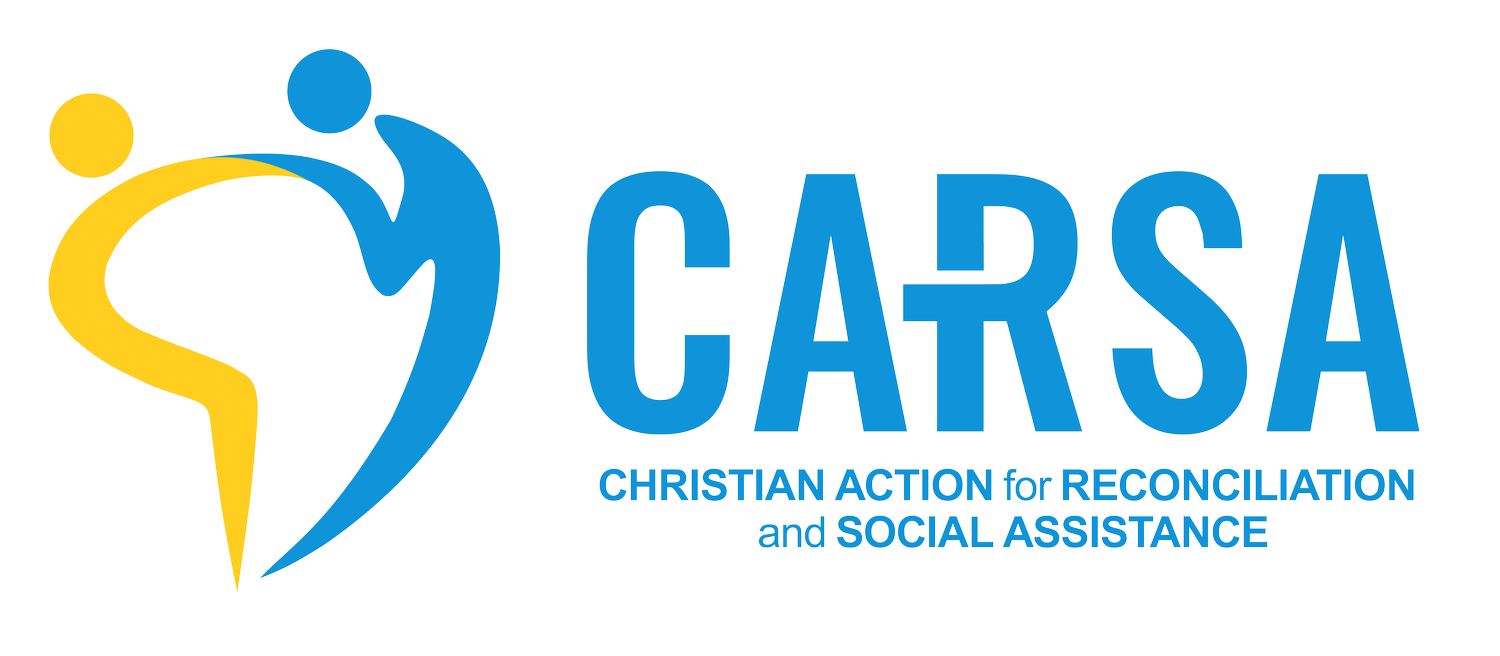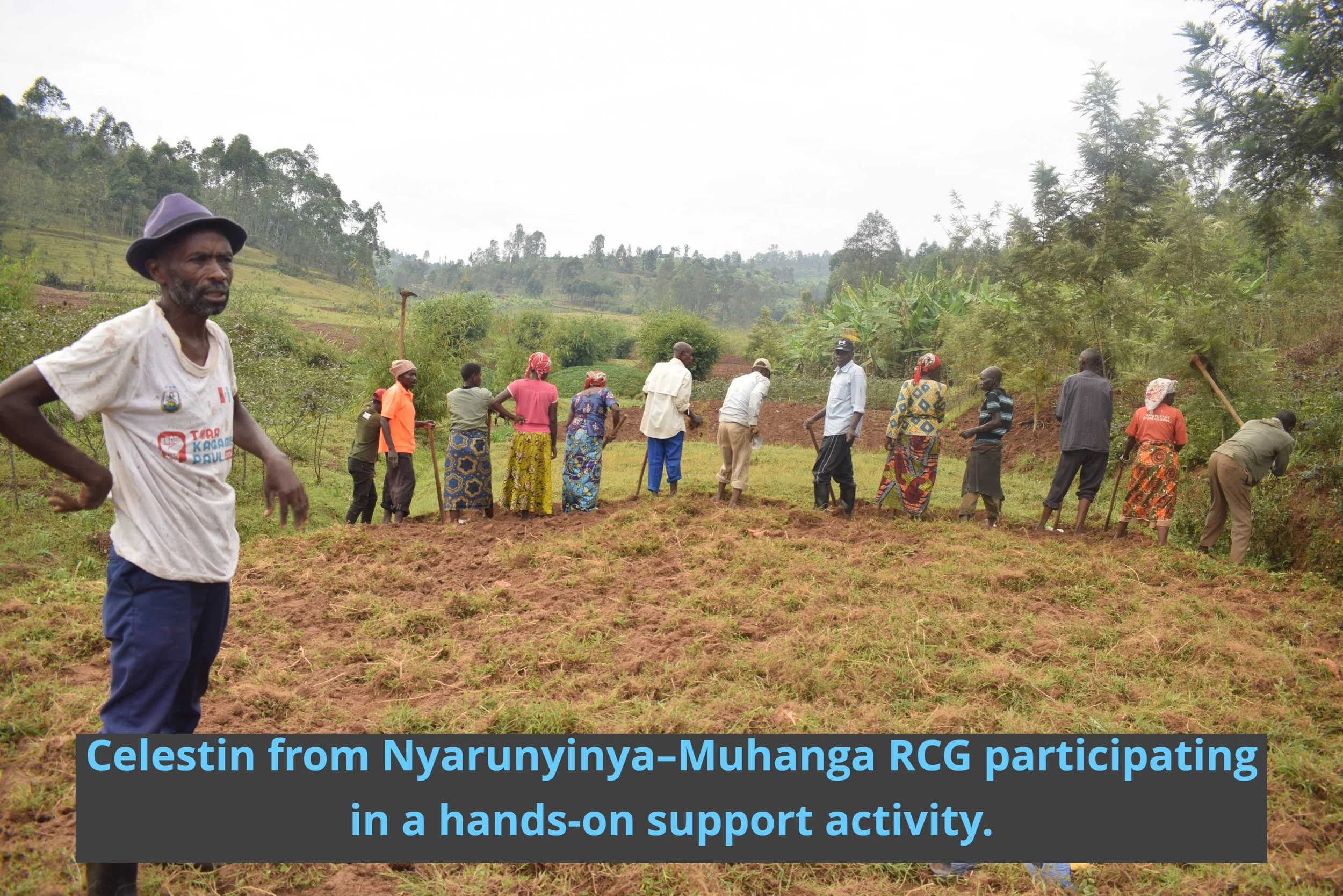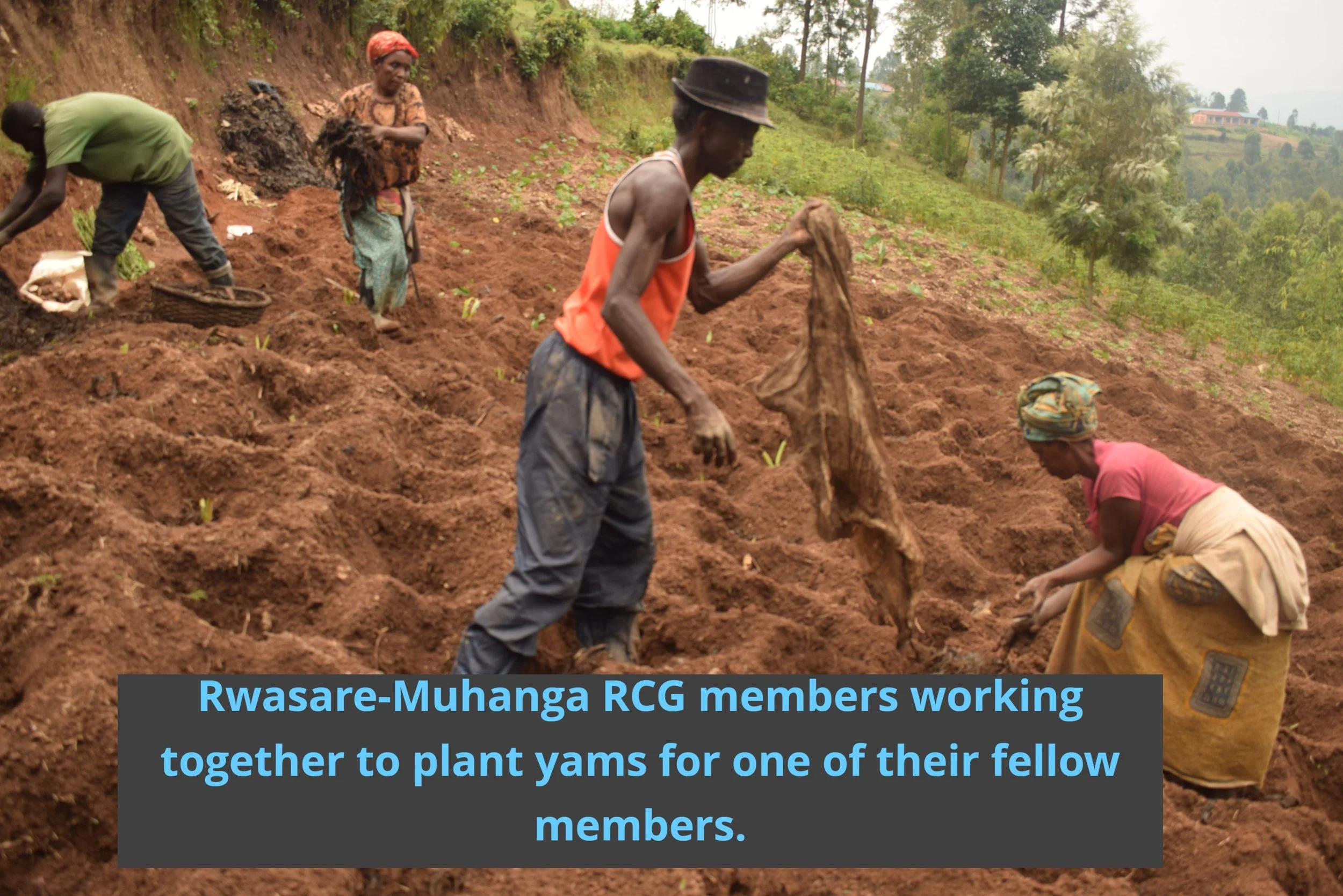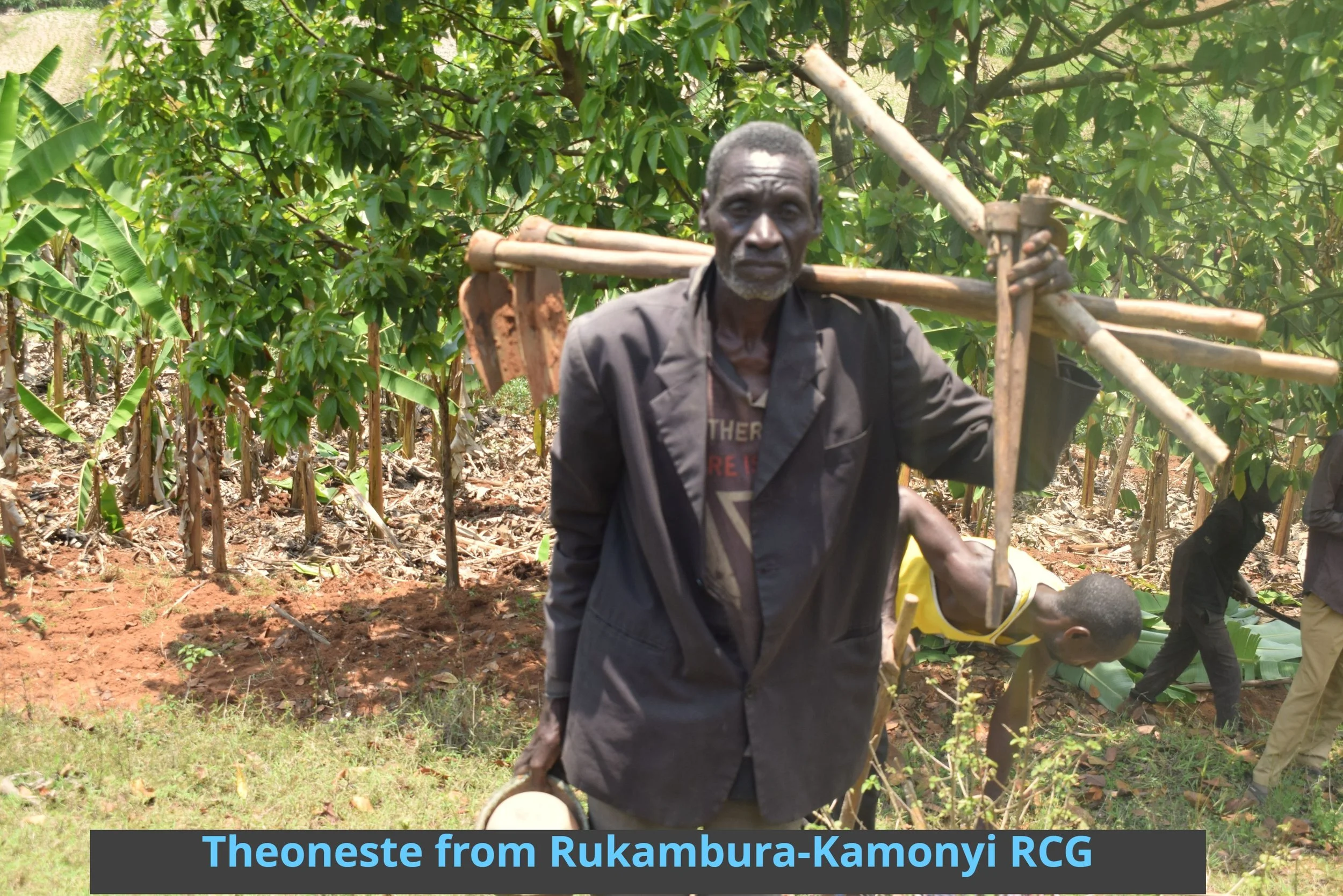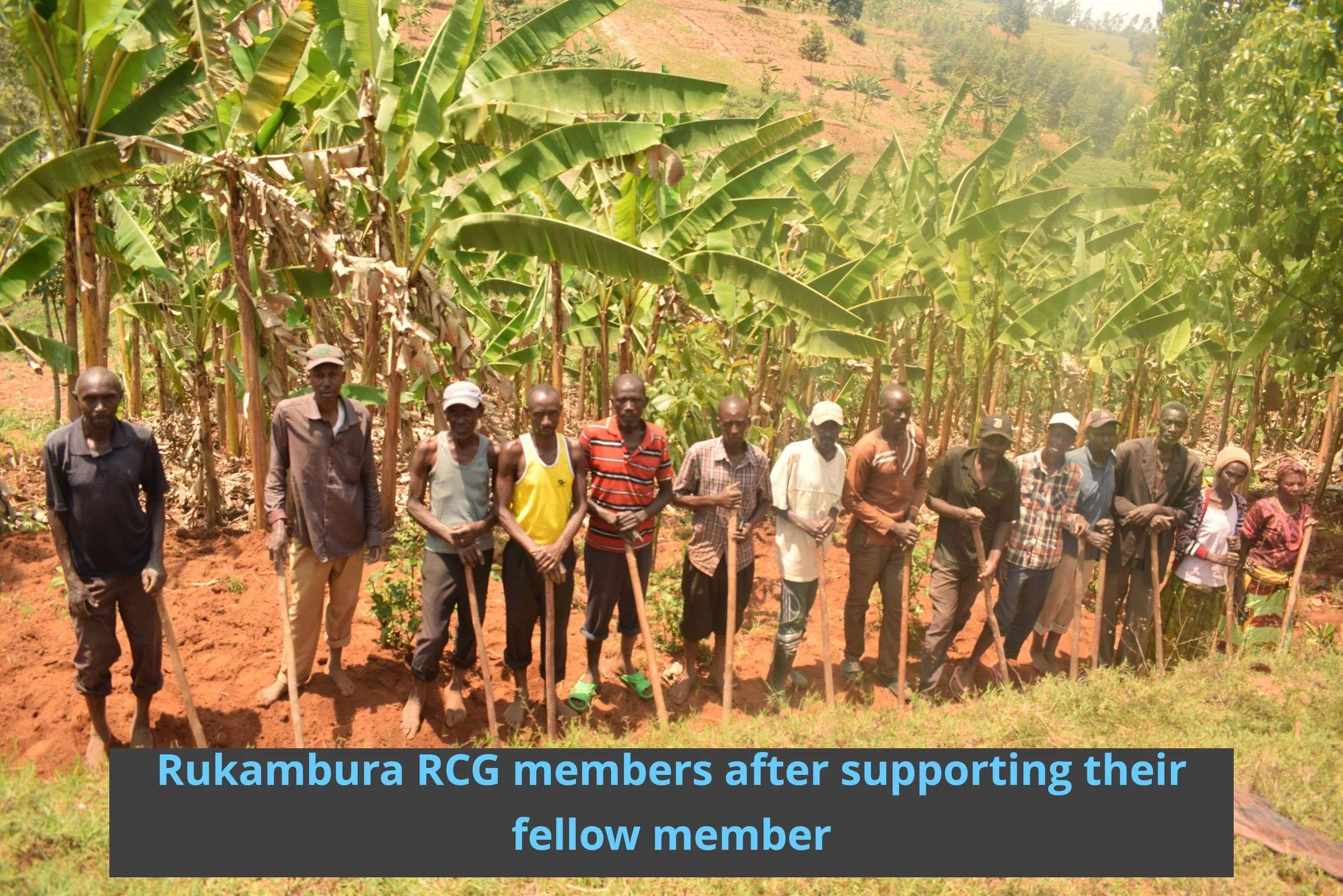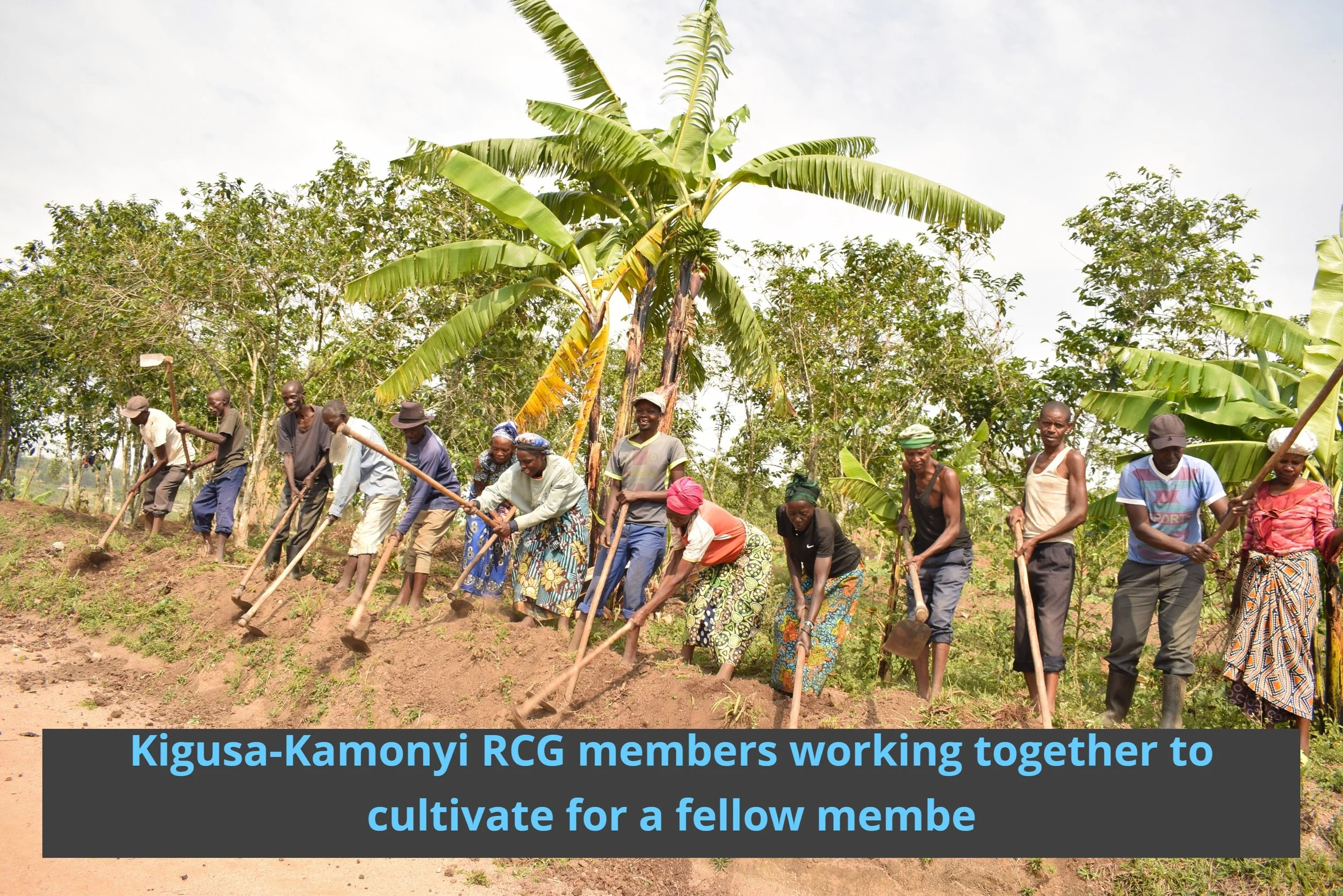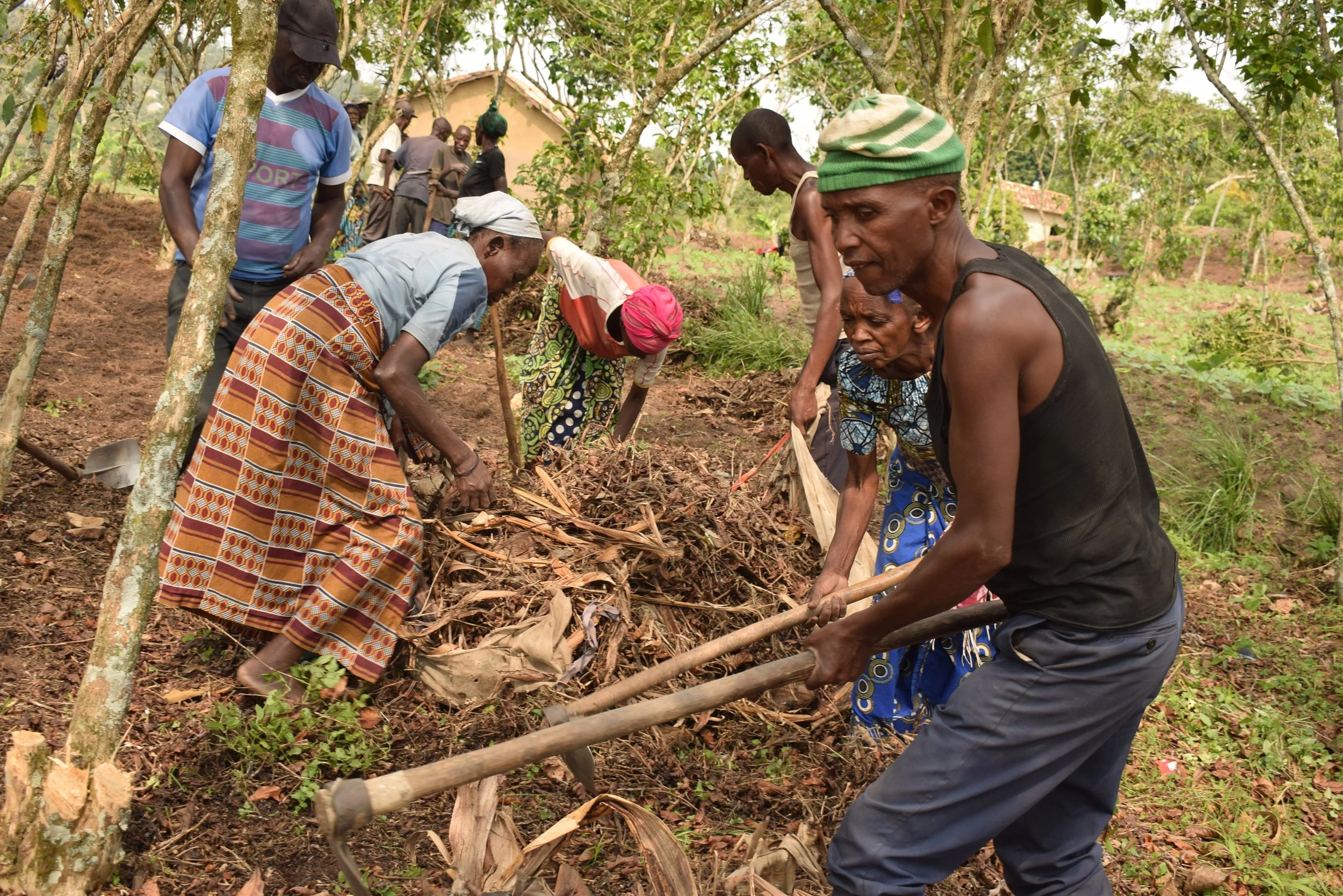Supporting Rwanda’s Journey from Reconciliation to Resilience
In Rwanda, October is dedicated to reflecting on Unity and Resilience, a time to honor the nation’s remarkable journey of rebuilding social bonds and national cohesion after the 1994 Genocide against the Tutsi. It is a month of remembrance, gratitude, and renewed commitment to peace and unity. This period also offers a meaningful opportunity to highlight the impact of Resilience Cell Groups (RCGs), an initiative established by CARSA to foster holistic healing, restore relationships, and prevent the transmission of negative legacies across generations.
RCGs were created as community spaces where survivors and former perpetrators could meet, heal, and rebuild trust. These groups have become bridges toward genuine reconciliation, ensuring that the tragedies of the past are never repeated. The transformation they have brought to individuals and communities is best seen through the testimonies of their members.
One such story is that of Celestin, a former genocide perpetrator and leader of an RCG in Cyeza Sector, Muhanga District. He describes the RCGs as places of rebirth, sanctuaries where shame and guilt give way to peace and hope. “After completing my sentence, I returned home, but I realized that living outside of prison alone was not enough. I needed something that could reconnect me with the survivor whose child I was a part of killing,” Celestin recalls.
When CARSA Ministry invited him to the Empower Workshop, Celestin met the person he had wronged. The teachings he received gave him the courage to sincerely ask for forgiveness. Because the survivor had also undergone the same process of healing, reconciliation became possible.
Celestin explains that while the workshop helped him begin his journey of repentance and forgiveness, true reconciliation required ongoing relationship building, and that is where the RCG played a vital role. Within the group, members began visiting one another and supporting each other through shared handwork, particularly in cultivating land. “The group became our salutary space,” he says. “We met weekly in RCG members’ homes to pray and work together. Through these gatherings, love grew among us, and we started visiting one another even outside group meetings. We truly became one.”
Celestin’s group remains active today. During this month of Unity and Resilience, they cultivated the fields of two sick members who could not dig on their own; an act of compassion that perfectly embodies the spirit of unity and mutual care that RCGs nurture.
Similar stories of transformation and solidarity echo across districts. In Musambira Sector, Kamonyi District, the Rukambura RCG recently came together to support Theoneste, a member who had lost his wife and cares for a child with multiple disabilities. Unable to prepare his land for the planting season, Theoneste was deeply moved when his group came to plow his field and plant beans. “I am so grateful,” he said. “I was worried about how I would manage, but they came and did everything without asking for anything in return. Seeing them working in my field gives me emotional strength and reminds me of the true meaning of unity and peace.”
According to national surveys, Rwanda’s unity and reconciliation rate has steadily risen, from 82.3% in 2010 to 92.5% in 2015, reaching 94.7% in 2020. This remarkable 12.4% growth over a decade reflects the nation’s collective commitment to rebuilding relationships and fostering harmony.
RCGs have played a vital role in this progress by creating safe spaces for open dialogue, healing, and collaboration. Through their work, fear has turned into trust, despair into hope, and division into solidarity. Their experience shows that reconciliation is not achieved overnight; it is a lifelong journey nurtured by daily acts of kindness, shared responsibility, and mutual understanding.
Today, the members of 86 RCGs across Muhanga and Kamonyi Districts stand as living testimonies that forgiveness and unity can rebuild a nation once torn apart. Their stories are a powerful reminder that when hearts are willing, peace, harmony, and unity in diversity are possible, even after the deepest wounds.
